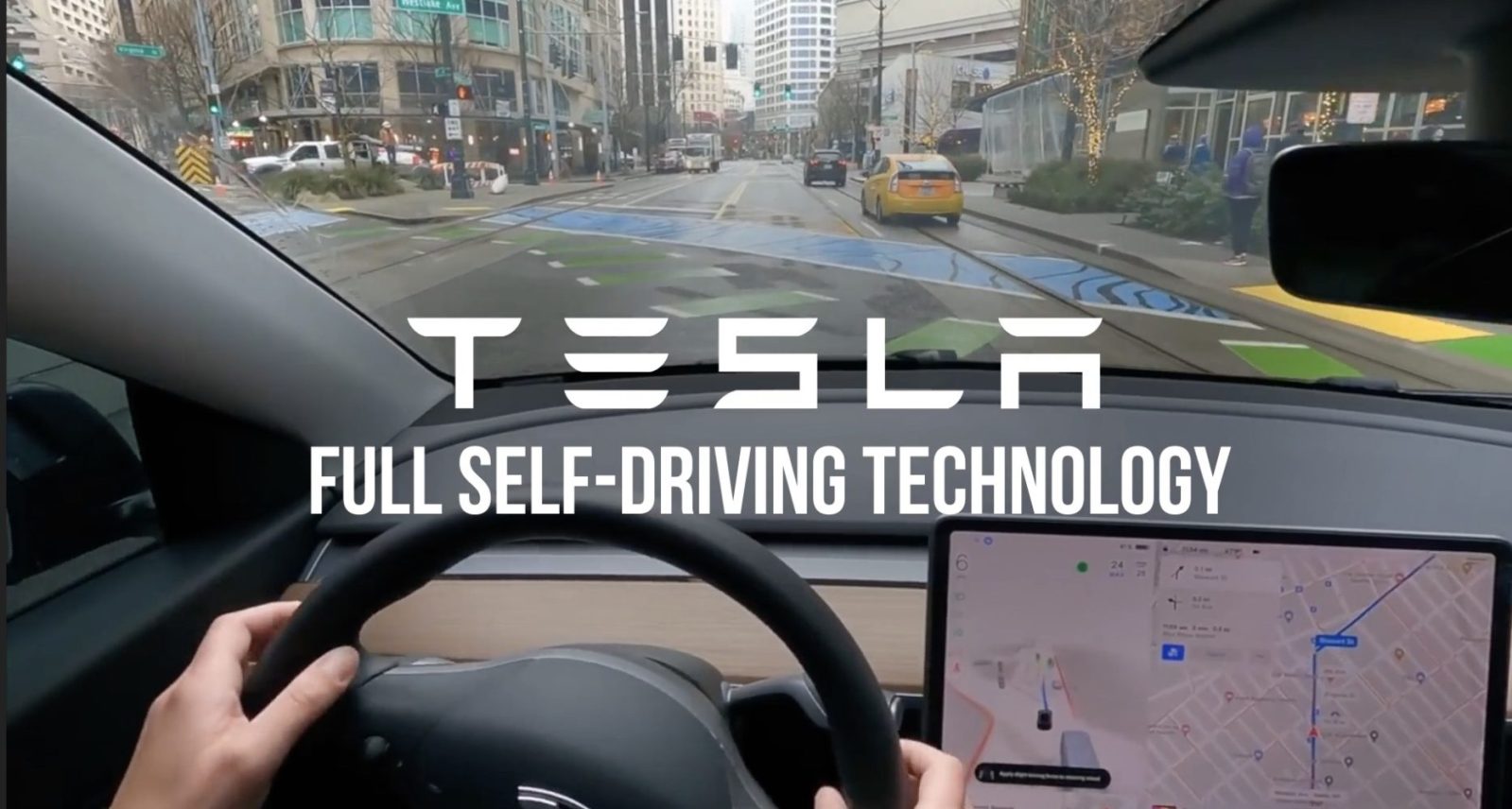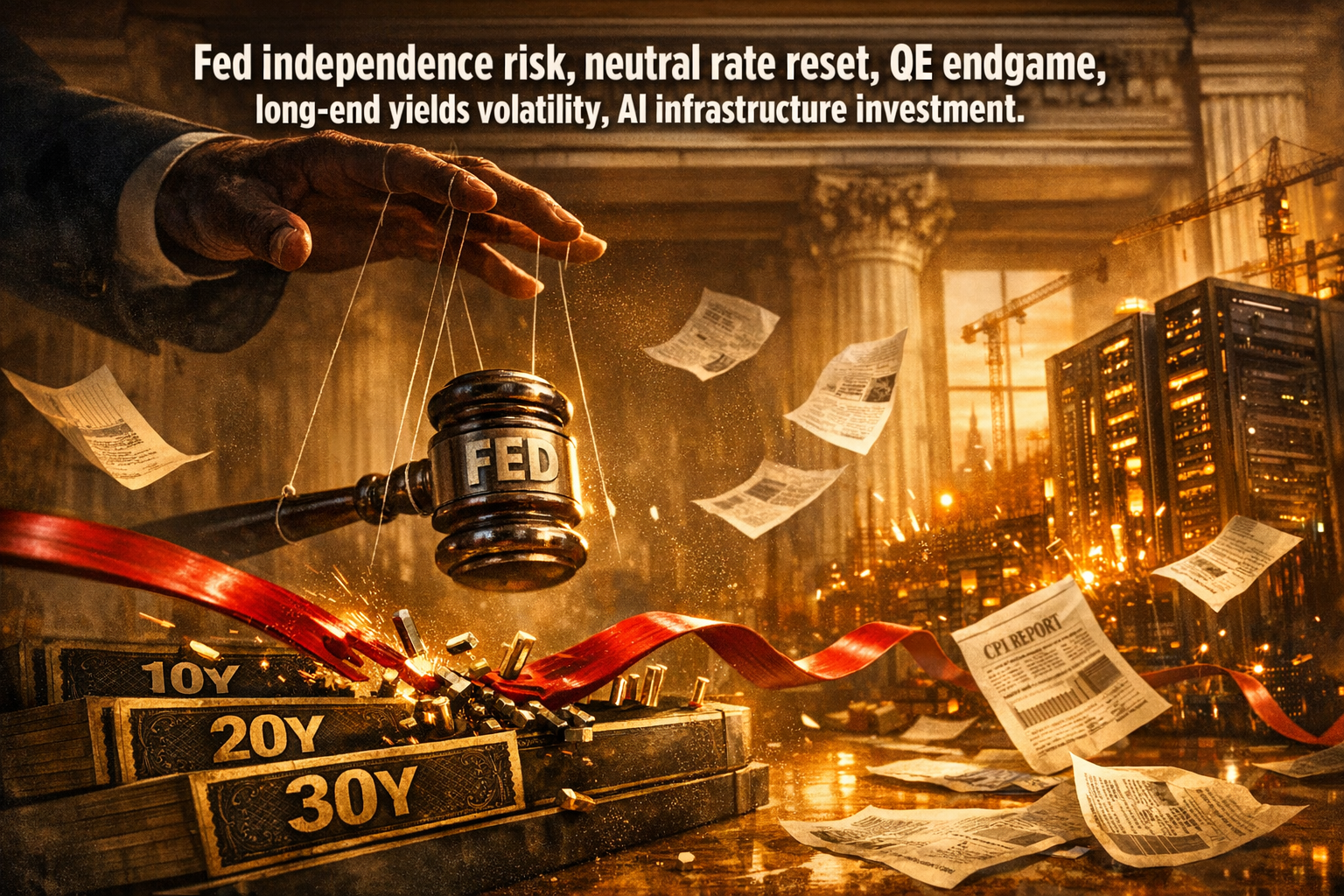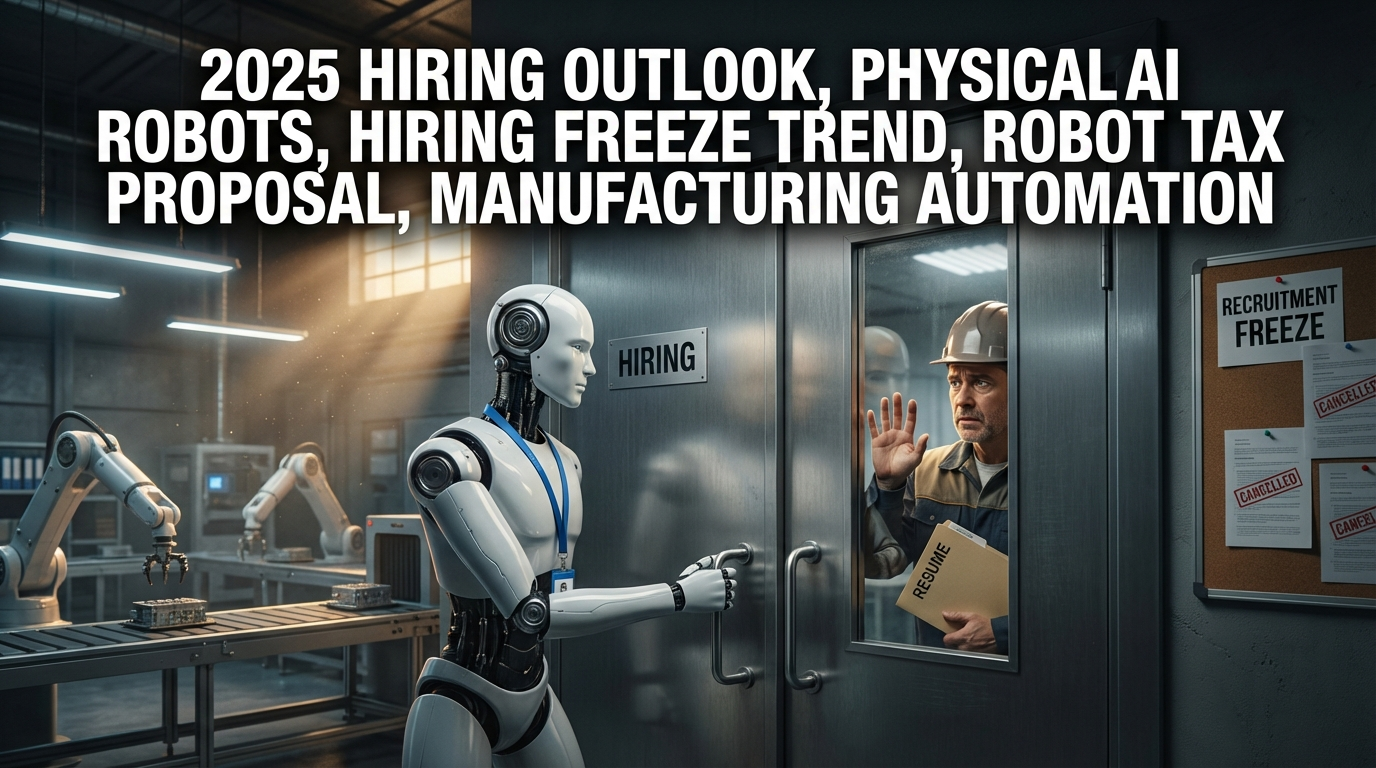────────────────────────
- Tesla FSD Approval Status and Issues
1-1. Delay in FSD Approval in China
Recently, as Tesla awaits approval for its Full Self-Driving (FSD) system in China, there are concerns that Chinese authorities may be using it as a bargaining chip in trade negotiations. Reports suggest that the Chinese government is delaying Tesla FSD approval in the context of trade disputes with the United States.
1-2. Regulatory Restrictions Between the US and China
Elon Musk, CEO, mentioned that conflicting demands from the US government and Chinese regulators, particularly regarding data transfer related to training videos, are major obstacles to FSD approval. Difficulties arise from a structural issue where the US restricts the transfer of training videos outside of China, and China does not allow the collection of training data within the US.
────────────────────────
2. Trade War and FSD Approval: A Strategic Tool
2-1. China's Strategy of Using It as a Bargaining Chip
According to financial media outlets, there's analysis suggesting that Chinese authorities may be using the issue of Tesla's FSD approval as a means to pressure the US in trade negotiations. This is gaining significant attention not just as a simple technical certification issue but as an issue intertwined with the larger context of US-China trade disputes.
2-2. Tesla's Market Position and China's Strategic Interest
China is one of Tesla's largest markets, and it's the only region where Tesla has achieved stable growth without sales slumps. In this situation, delaying FSD approval could significantly impact Tesla while simultaneously giving China a more advantageous position in negotiations with the US.
────────────────────────
3. Global Competition and Tesla's Future Outlook
3-1. Intensifying Competition and the Emergence of BYD
The delay in Tesla's FSD approval is becoming even more pronounced with the rise of Chinese competitors, particularly companies like BYD, which are releasing similar smart driving technologies. Increased competition could affect Tesla's market share, making swift approval even more crucial.
3-2. Tesla's Plans and Expected Launch Schedule
Elon Musk stated that Tesla plans to launch FSD in Europe and China in early 2025, adding that unsupervised autonomous driving could be possible in China by the end of next year. However, considering the repeated delays in the US self-driving launch over the past few years, the actual schedule is subject to change.
────────────────────────
4. Summary and Future Response Strategies
4-1. Impact on the Market and Investors
If the Chinese government uses FSD approval as a tool in trade negotiations, it could directly affect Tesla's sales and market share. Since the Chinese market is key to Tesla's growth, the approval delay requires caution from both investors and consumers.
4-2. Response Strategies and Outlook
Tesla is exploring various options domestically and internationally to address the technical training methods and regulatory issues. How US-China trade negotiations unfold and how Tesla responds will be key points to watch.
────────────────────────
SEO Keywords:
• Tesla FSD Approval
• China Trade War
• Autonomous Driving System
• Elon Musk
• BYD Competition
• Global Automotive Market
As evidenced by recent news and various industry rumors, the approval of Tesla's Full Self-Driving system holds significance beyond a simple technical certification. Within the larger framework of US-China trade conflict, this issue is deeply intertwined with Tesla's future strategy, making careful observation of future developments necessary.
Using the information summarized in each section, we encourage you to develop strategies to respond to relevant industry news and market trends.



